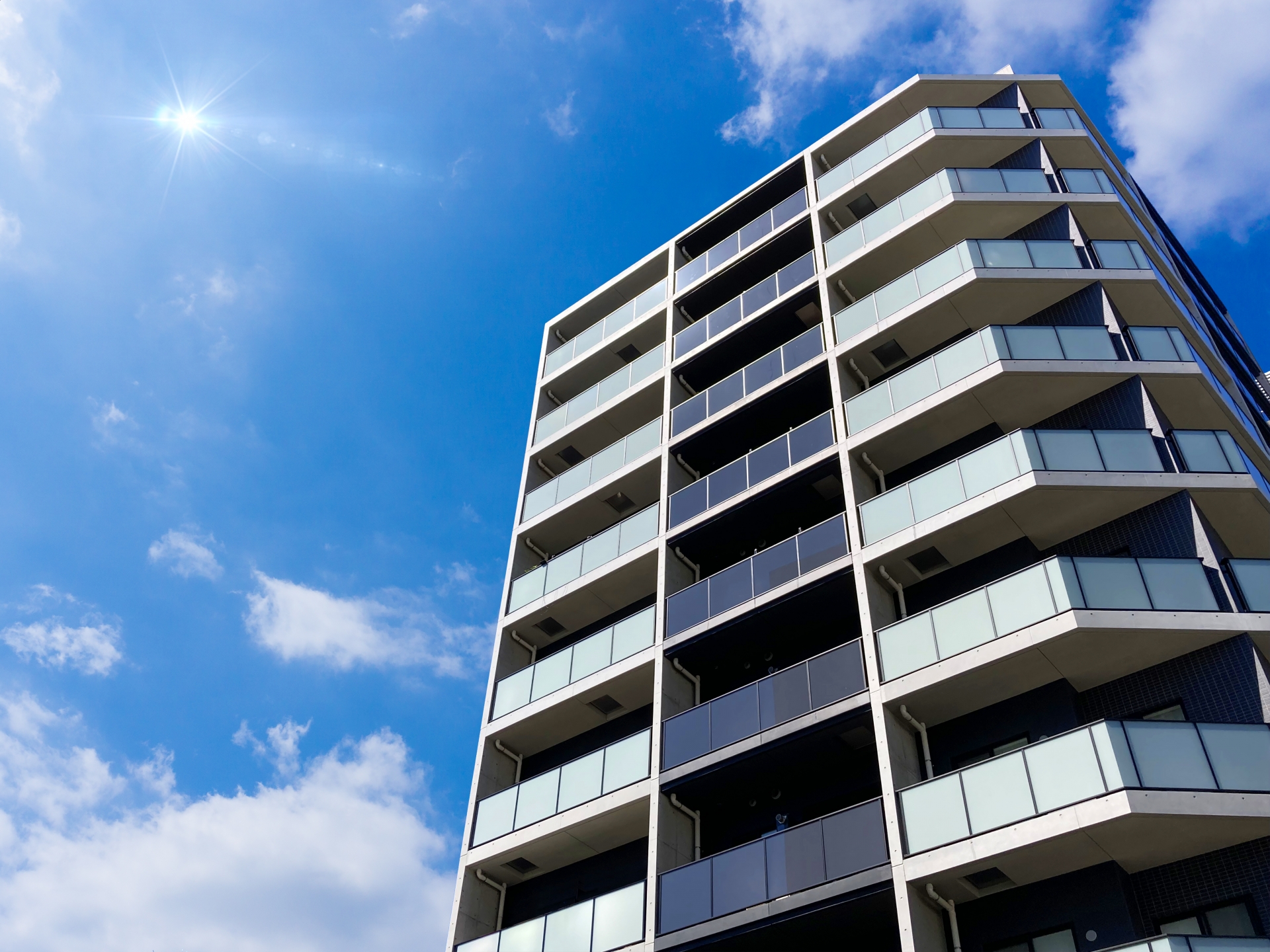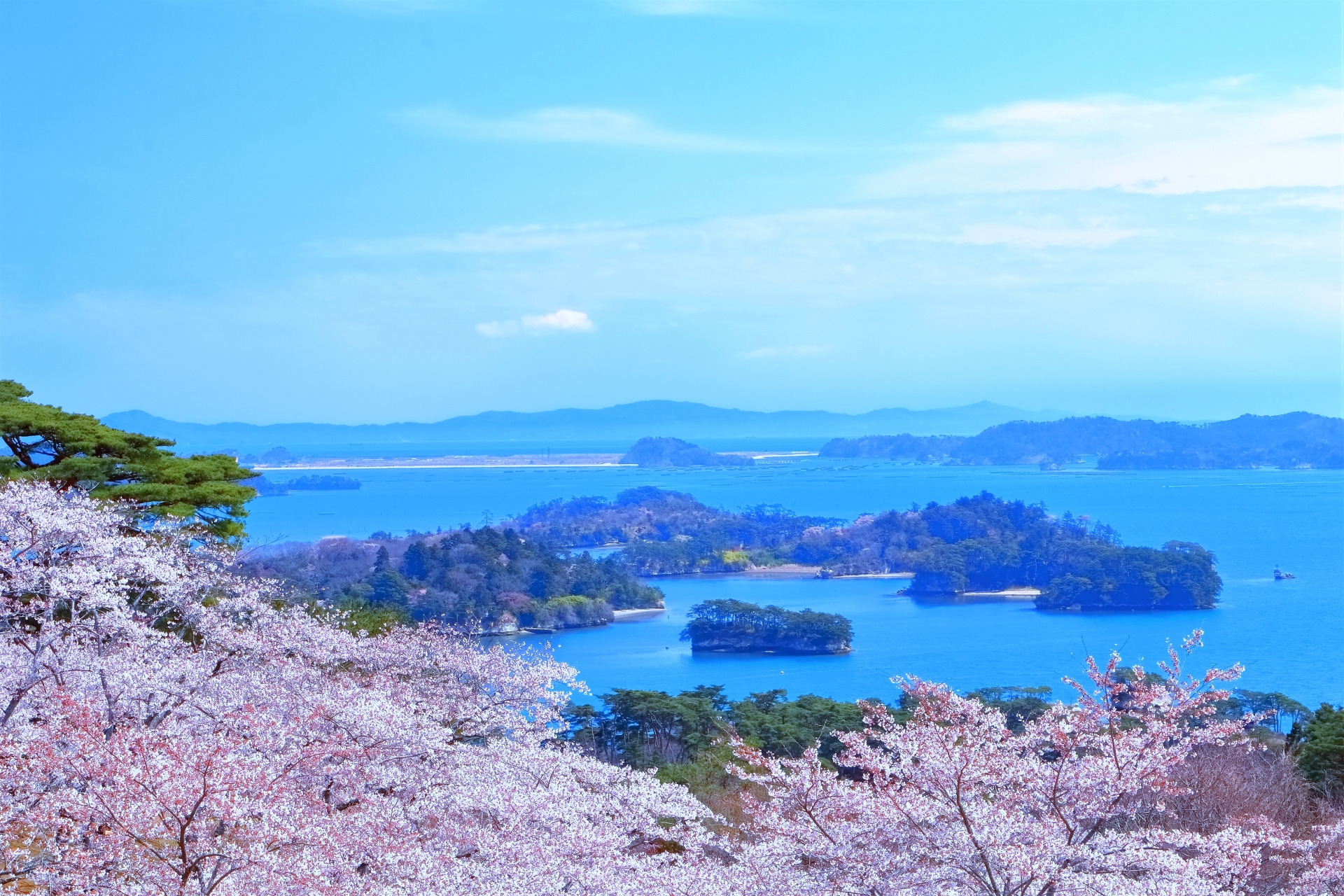You may have heard that renting an apartment in Japan can be a nightmare if you aren’t Japanese or don’t speak the language. The good news is that it is definitely doable renting an apartment as a foreigner in Japan! The bad news is that it can take some time, effort, and quite a bit of money when you are starting out.
In places like Tokyo, if you are a bit flexible on where you live, it actually is not that hard to find an apartment to rent. In more rural areas of Japan, it will be harder to find a solid place to rent, but the rent is bound to be much cheaper! While budget constraints will have an impact on where and how you live, a comfortable apartment in a decent area of the most expensive places of Japan such as Tokyo is within reach on most people’s budgets. But how do you rent an apartment in Japan? Let’s dive into what you need to think about and what you will need in order to rent an apartment here in Japan!
Decide on a Budget
Deciding on a budget for your monthly rent as well as initial costs is something important you need to do first when planning on renting an apartment. There are various different living options which means the rent will vary depending on a number of different factors. However rent can be anywhere from around 40,000 yen to over 100,000 yen a month in a place like Tokyo if you are planning on living alone. Once you have decided on your budget, it is time to start looking into the details of your apartment hunt. What are the most important things to consider when you are looking for an apartment to rent?
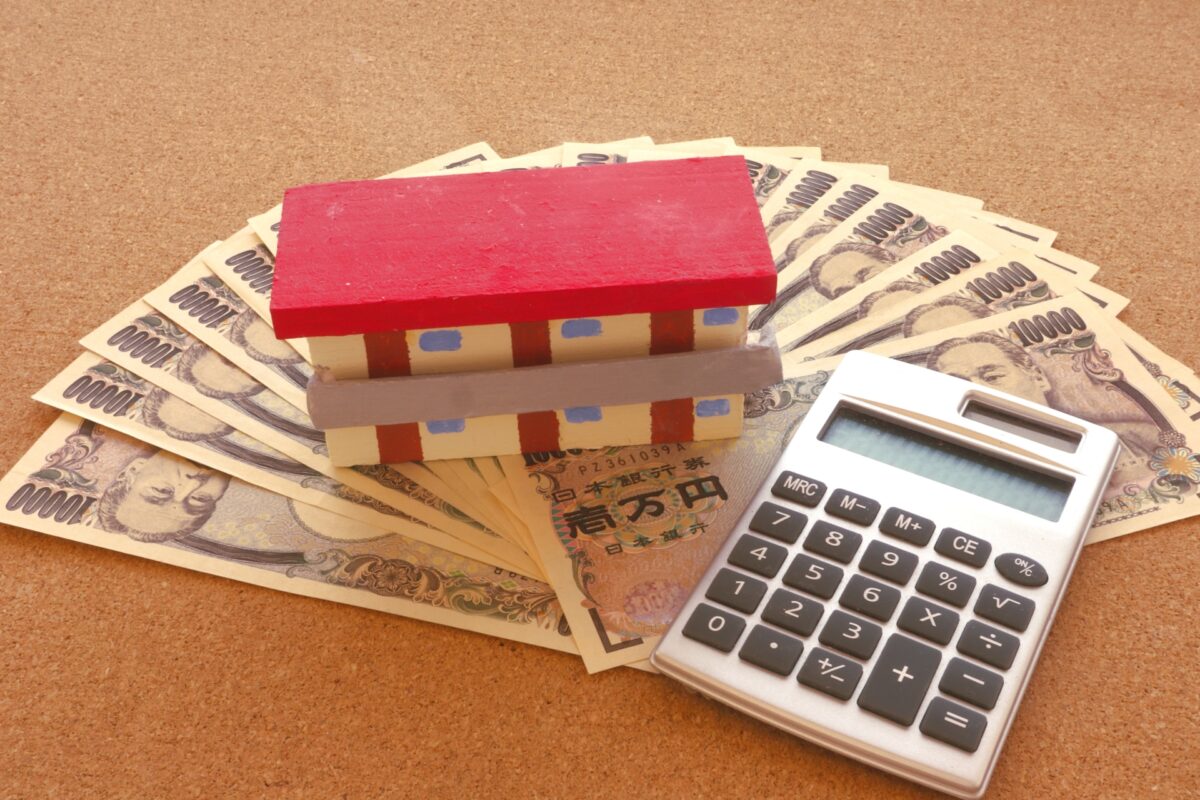
Think About Your Priorities
When looking for a place to live, everyone is going to have different priorities. You will need to think long and hard about what is most important to you, and in what order. Things to consider are the walking distance to the nearest station, size of the apartment, apartment layout(1R, 1K, 1DK, 1LDK, 2LDK etc.), how old the building is, quality of the building and materials used in the interior. There are also lots of smaller things to consider like whether the bathroom/shower are separate, size of the kitchen space, balcony, and what the apartment has in it. If you are on a limited budget, something’s gotta give, and it is up to you to decide where you can compromise.
Types of Accommodation
To put it simply, there are three main different types of accommodation in Japan.
Ikkodate (一戸建て)
The first and usually biggest is an 一戸建て(ikkodate)/一軒家(ikkenya), or a house. Of course in the bigger cities they are going to be much more expensive than other options, but you might be surprised at how much cheaper renting a house out in the countryside is.
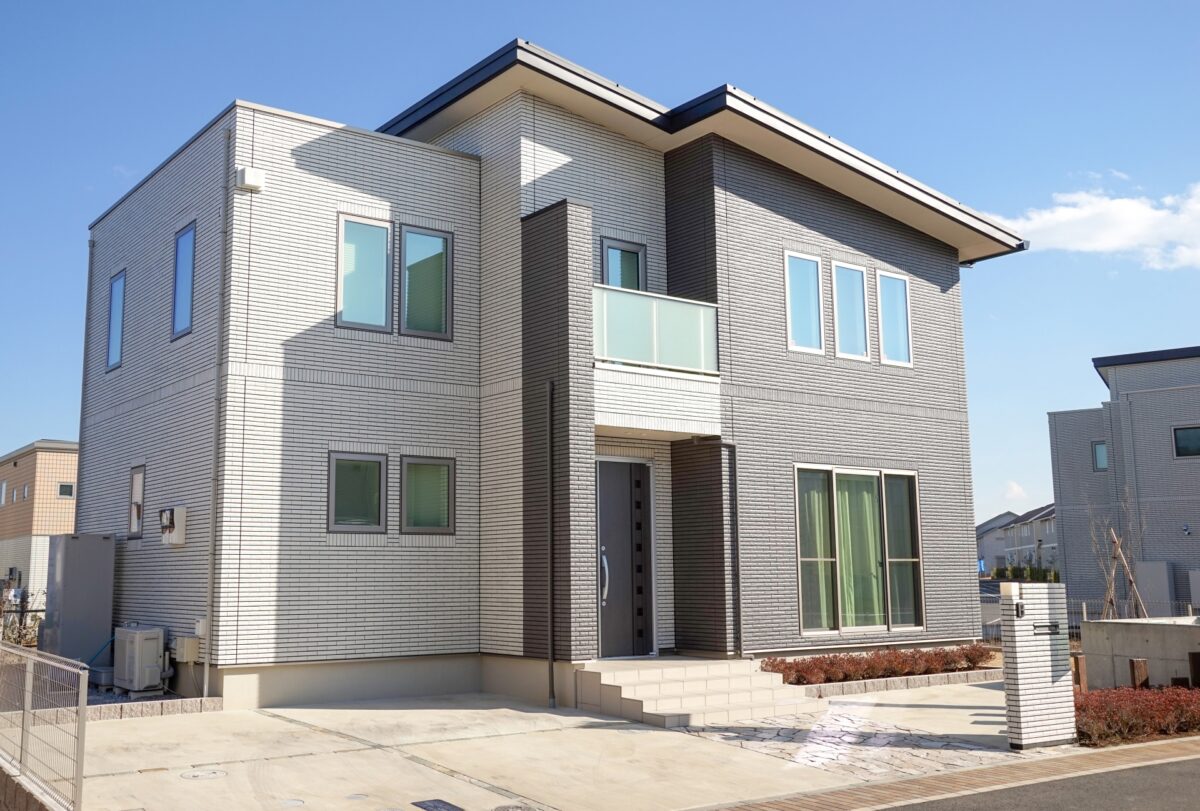
Apaato (アパート)
The second type of accommodation is an アパート(apaato), or an apartment. In Japan, this type of housing is defined as a two to four storey apartment building. They tend to be on the cheaper side and are often not as well made or sturdy as they are usually made of wood. The insulation and sound proofness is not always as good or satisfactory in these types of buildings.
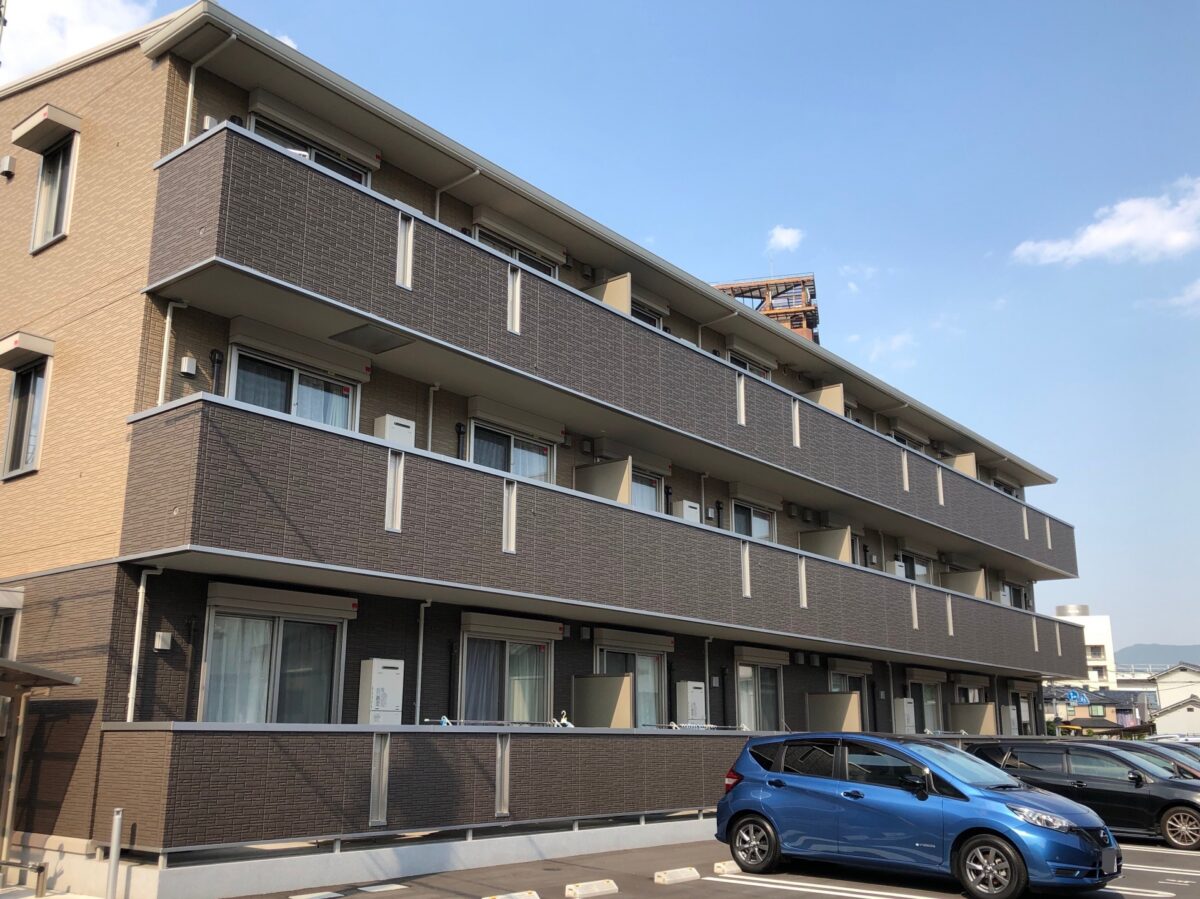
Manshon (マンション)
The third type of accommodation is a マンション(manshon), or mansion in Japanese. However it may not be what you think it is. In Japanese, a manshon isn’t a massive house that costs a fortune, but a 3+ storey well made modern apartment or condo. They are typically made of steel reinforced concrete and are better insulated and better equipped than an apaato.
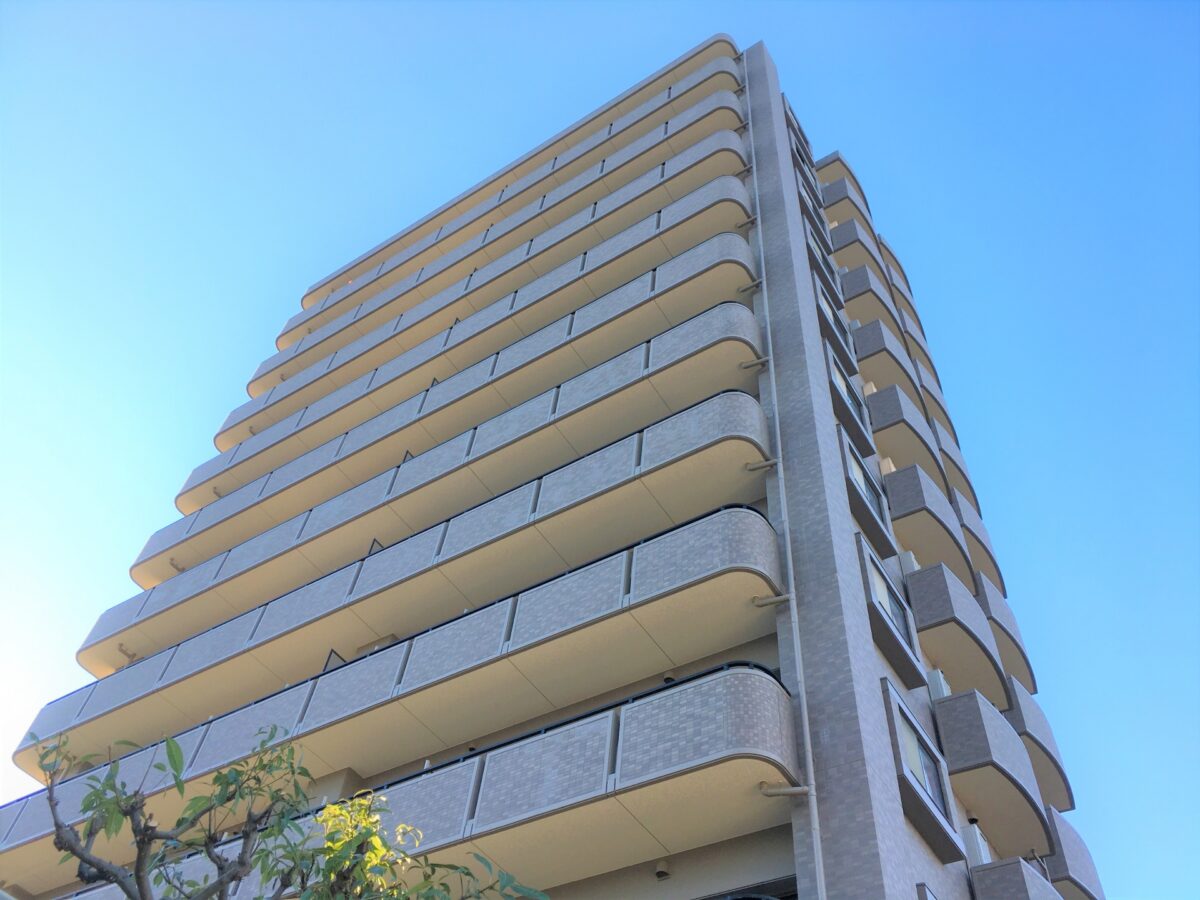
Share House
If you are on a limited budget, UR housing could be a good option for you. UR housing is public housing which is not for profit, and they are foreigner-friendly. They also don’t charge any key money or an agent fee, and they don’t require a guarantor. There are also lots of share houses throughout Japan that tend to be much cheaper than the top three accommodation options. Share houses can be a fun way to get to know people in the area while saving some money. If you don’t speak Japanese, there is no need to worry. There are lots of English speaking share houses in Japan and some of them are even furnished.

Use a Real Estate Agent
Especially as a (non-Japanese speaking) foreigner it can be wise to go through a real estate agency. Even if you are fluent in Japanese, the process can still be difficult without the help of a realtor. Agents can save you a lot of time and money, as they have a more complete overview of what’s available and can look for the best deals within your budget. A real estate agent can also make sure to only introduce you to foreigner-friendly landlords. There are plenty of great English speaking real estate companies in Japan that would be happy to assist you with your search. Be sure to have a look online before getting in contact with a company as some can be region or city specific.

In addition to going through an actual real estate agency, there are also plenty of great websites you can have a look on when searching for an apartment. This is a great option for you to get an idea of costs/the market in Japan, especially if you aren’t currently in Japan but are looking to rent here. Most of these sites are very user friendly and allow you to narrow down and filter your search with the priorities you decide on. And they usually list the real estate agency that is handling each apartment so if you find a place that you are interested in, you can always get in touch with that company.
Calculate Your Initial Costs
You should make a calculation of how much you will need for your initial payment to know what you can afford. Count on having to pay first months’ rent, one month of rent for agency fees, ‘thank you money’/’key money’, and one month of rent for the deposit. Your initial costs are usually around 4 months of rent plus your moving costs and/or costs of new(or second-hand) furniture.
Here is an example of the breakdown for initial costs:
Let’s say that your monthly rent will be 80,000 yen.
・Deposit(1 months rent): 80,000 yen
・First months rent: 80,000 yen
・Key money(a thank you to the owner, one months rent): 80,000 yen
・Property Insurance: 15,000 yen
・Maintenance Fee: 10,000 yen
・Key Exchange Fee: 15,000 yen
・Cleaning Fee: 12,000 yen
・Agency Fee(half to one and a half one months rent): 80,000 yen
Total Initial Fees: 372,000 yen
As you can see, the initial costs for renting an apartment aren’t exactly cheap. However, depending on the property or real estate agency, you may be able to get out of the key money, deposit, or pay a smaller agency fee. It is best to look around because you never know, you may get lucky and find something that is much cheaper than the average overall initial cost.
Things You Will Need
Anyone who wants to rent an apartment from a private landlord or a private company will need a guarantor. This needs to be a Japanese person who has a job with a permanent contract and a high enough income and is preferably a relative. If you can’t find a guarantor, there are companies who can be your guarantor for a fee. Some real estate agencies sometimes will be your guarantor for an extra fee as well.
In addition to finding a guarantor, there are a number of things you will need to prepare or have ready when renting an apartment. First off, you will need to have your passport and your visa/residence card ready at hand. It is also a good idea to have both a Japanese phone number and bank account as well. A lot of the back and forth between you and your agent will most likely be over the phone. And in the future, you may need to have your rent withdrawn from your bank account so having that set up makes things much easier, especially because you will need to pay the initial fees too.
Be prepared to show your agent a copy of your recent pay slips, and/or proof of what you will be making at your new job, as they want to make sure that you will be able to follow through and pay rent each month. You will also need to provide them with a domestic emergency contact just in case something happens. If you have a relative that may be your best bet, but your employer is often more than willing to be your emergency contact.
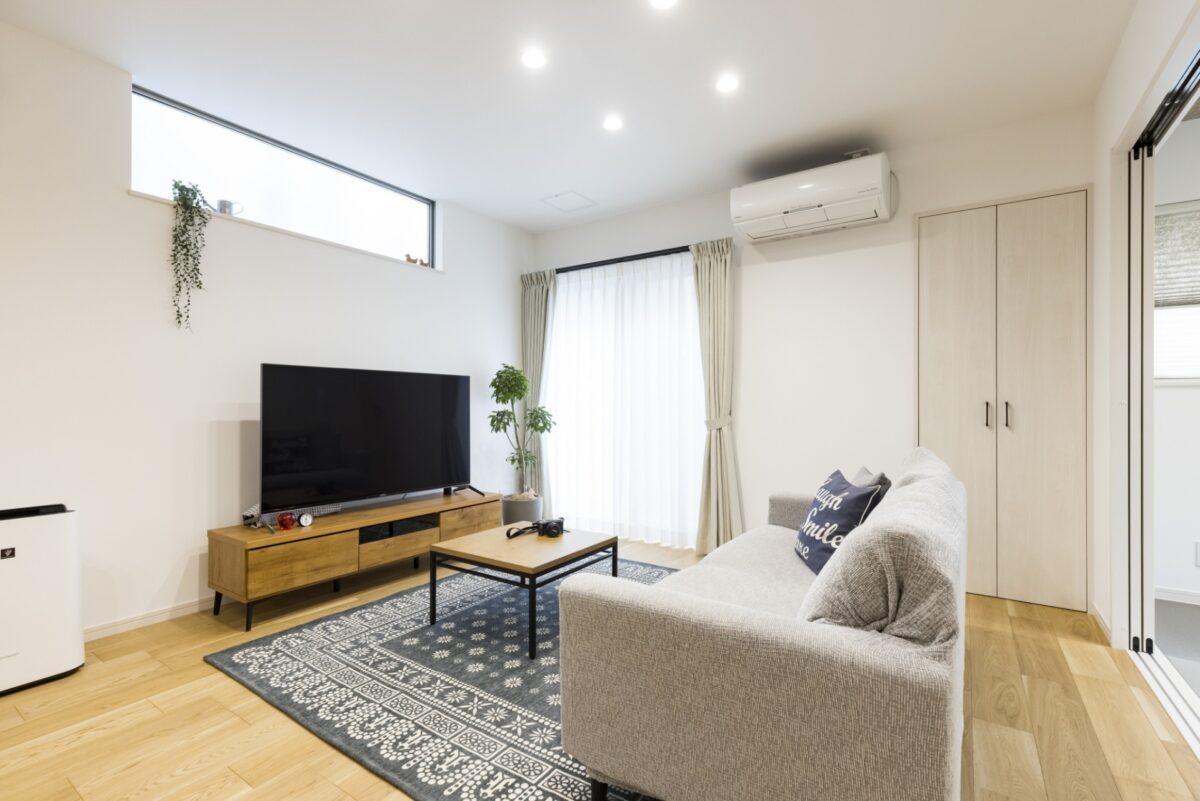
It can be difficult to rent an apartment in Japan, especially if you don’t have a good grasp of the language. However we hope that using our tips above helps make the process a little easier for you. There are lots of great English speaking real estate companies/agents in Japan that can help make finding an apartment a whole lot less stressful. We hope that the renting process goes smoothly for you and that you find a great place to stay here in Japan!
Follow us on Instagram, Facebook, and Twitter for more travel inspiration. Or tag us to get featured!
Happy traveling!
Other articles you might be interested in

Stefanie Akkerman moved from the Netherlands to Japan in 2013 with her Japanese husband and son. She jumped into the niche of Dutch tour guiding in Tokyo and Kamakura in 2015 and occasionally writes articles about all the great sights and activities Japan has to offer. She loves (Japanese) food, and to work that all off she goes diving, snorkeling, cycling, or hiking.
This post may contain some affiliate links. When you click through and make a purchase we may receive some commission, at no extra cost to you.
